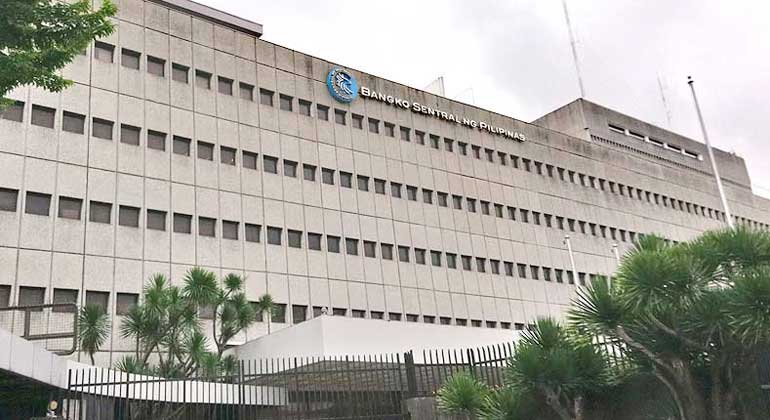Office space demand to slow
OFFICE space demand in Metro Manila is expected to slow in the near and medium-term, as the coronavirus disease 2019 (COVID-19) pandemic continues to disrupt businesses.
“Downward trend in the growth rate of supply and demand of office space is expected in the short-to medium-term due to disruption of business activities,” Cushman & Wakefield said in its first quarter 2020 investment report.
Since mid-March, the enhanced community quarantine (ECQ) has halted economic activity in Luzon. Government and private offices, shopping malls, hotels and restaurants have been shuttered as millions of Filipinos are placed under strict home quarantine to contain the spread of the coronavirus.
The government extended the ECQ in Metro Manila, Central Luzon, Calabarzon and other key provinces until May 15.
“As the ongoing ECQ measures severely impacts the operation of the retailers and mall development, developers have committed to provide rental concessions. The return to normalcy will be determined by the ability of the shopping mall developments to design step-up hygiene-enhancing measures,” Cushman & Wakefield said.
The country’s biggest mall operators, SM Group, Ayala Malls, Megaworld Corp., Robinsons Land Corp. and Ortigas & Co., have earlier announced they will waive rent for all tenants in its shopping malls that are not able to operate.
Starting May 1, shopping malls in areas downgraded to general community quarantine (GCQ) can re-open non-leisure shops, as long as social distancing and stringent hygiene etiquette are observed.
As malls remain closed in Metro Manila, many have turned to e-commerce platforms to purchase groceries and other essential goods which are delivered straight to their homes.
Cushman & Wakefield said it expects robust demand for logistics facilities and warehouses this year, as “the COVID-19 pandemic presents increased demand for facilities to support e-commerce growth.”
“On the other hand, supply chain disruption due to designated checkpoints in Metro Manila is hindering the flow of goods and services and hampering the operations of manufacturing facilities outside of the capital,” it added.
Cushman & Wakefield has an optimistic outlook for the residential sector, saying “the sector is seen to remain resilient as consumers tend to hold out decision to invest in residential developments.”
However, the hotel industry may continue to see pain, as tourist arrivals plunge due to travel restrictions here and abroad.
“Decline in occupancy rates due drop in tourist arrivals to linger until threats associated with COVID-19 pandemic were lifted,” Cushman & Wakefield said. — Cathy Rose A. Garcia



